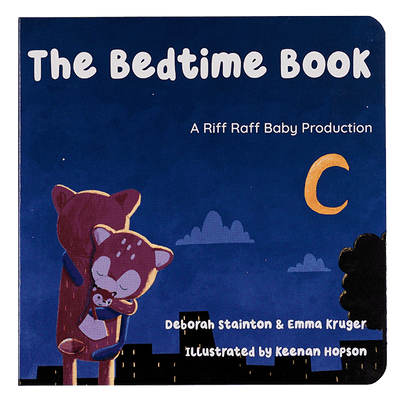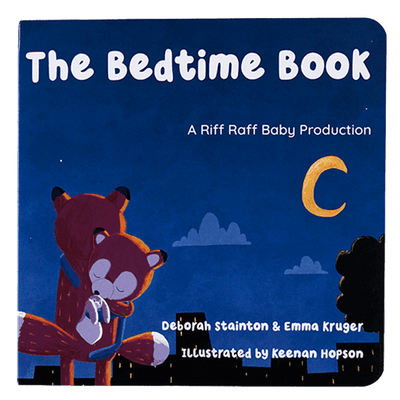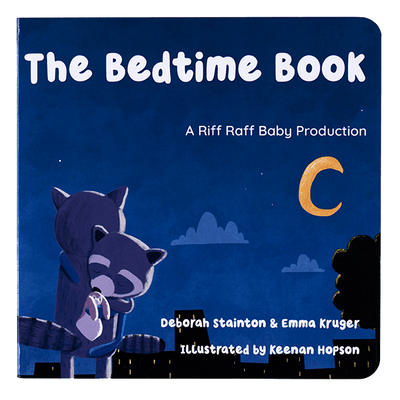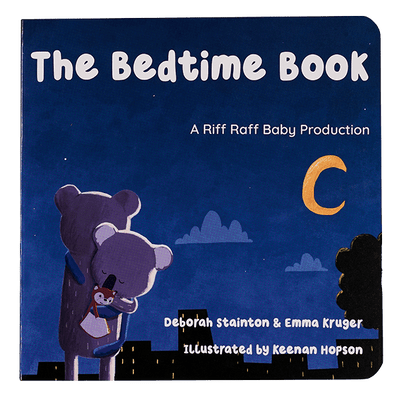The first 6 weeks with a baby can feel like a bit of a whirlwind, knowing what to expect with your baby’s feeding can take some of the pressure off. Meaning you can spend more time enjoying newborn baby snuggles.
How often does my baby feed after birth?
Colostrum (which is the first milk produced by the body) is high in antibodies to help baby’s immunity as well as containing high levels of protein, energy, and fat. When babies are first born, they’re stomachs are very small and can only hold around 5-7ml (which is the size of a marble). Colostrum is produced in small amounts, and this is all your baby needs to feel full. Although, your baby only needs small volumes of colostrum at a time, they can get hungry more often. Your baby will need 8 feeds in 24 hours, which means they need to feed anywhere from every 2 hours to every 5 hours. If your baby is under 6 weeks of age should not go longer than 6 hours without a feed.
As your baby grows in the first week, so does their stomach and then comes… cluster feeding!! What is cluster feeding? Cluster feeding is when your baby feeds frequently at the breast within shorter periods of time. Breastmilk supply works on supply and demand, meaning that the more frequently your baby feeds at the breast, the more signals are sent to the brain to make more milk. Therefore, cluster feeding is the baby’s way of increasing the mother’s milk supply to support their growing stomach.
By the end of the first week, your colostrum has transitioned to breastmilk giving your baby larger volumes and they’re able to stay fuller for longer. Your baby will be having anywhere from 6 to 8 feeds in 24 hours and be settled in between most feeds, they may still have 1 or 2 periods of cluster feeding in a day. Feeding your baby on demand is essential in your baby laying down the foundations for a good long term milk supply. Some babies will feed from one breast per feed, while other babies will feed both breasts per feed – there is no right or wrong as long as your baby is getting enough milk. If you ever have any concerns about your baby not getting enough it is important to see your healthcare provider.
By 6 weeks of age, your baby’s feeds are a lot more predictable as you continue to follow your baby’s lead. By 6 weeks of age, you may find that your breasts actually feel softer, and you don’t have that “full” feeling as much anymore. This does not mean that your milk supply has dropped, however it means that your milk supply has regulated to be producing exactly what your baby needs. As your baby grows and develops, they will have periods of cluster feeding to accommodate this.
So by 6 weeks - Your milk supply has become more regulated, you’re becoming more confident in latching your baby and it is beginning to feel a little easier. If you’re struggling with breastfeeding, remember it does get easier and you can do this!


















































